Friendships Inside Jokes and Feeling Understood
The Magic of The Happiness Path (THP): Friendships, Inside Jokes, and Feeling Understood
 There’s something truly special that happens in THP from the very first day. Most teen girls walk in feeling nervous, quiet, and unsure. But as we jump into lighthearted icebreakers, you start to see smiles forming and hear laughter bubbling up. One girl shares something vulnerable, and another nods, realizing she’s not alone. Over the weeks, inside jokes are born, and the group transforms into a place teens genuinely look forward to—whether they’ve had a rough day or an amazing one. With nourishing snacks, warm smiles, and a space where they’re welcomed just as they are, they begin to feel a sense of belonging.
There’s something truly special that happens in THP from the very first day. Most teen girls walk in feeling nervous, quiet, and unsure. But as we jump into lighthearted icebreakers, you start to see smiles forming and hear laughter bubbling up. One girl shares something vulnerable, and another nods, realizing she’s not alone. Over the weeks, inside jokes are born, and the group transforms into a place teens genuinely look forward to—whether they’ve had a rough day or an amazing one. With nourishing snacks, warm smiles, and a space where they’re welcomed just as they are, they begin to feel a sense of belonging.
Beyond the conversations and shared moments, THP helps girls build a deeper connection with themselves. During our movement days, they learn to listen to their bodies—not to judge them, but to appreciate them. Instead of seeing their bodies as something to fix, they start to move in ways that feel empowering. They try new things that push them just beyond their comfort zones, and in doing so, they realize they can handle challenges—and that it’s worth it.
The Happiness Path: Teen Coaching to Build Resiliency Against Anxiety & Social Awkwardness CLICK HERE FOR DETAILS <<<
But if you ask them what they love most about THP, time and time again, they’ll tell you it’s the friendships, inside jokes, and feeling understood. It’s the pookie wookies (the inside jokes and silly moments that only they understand). It’s knowing they have a group of peers who see them, encourage them, and stand by them. In a world that can feel isolating, THP becomes a space where they can launch from to be real, brave, and deeply connected. And that, more than anything, is why we keep doing this work.
Chantal Côté
Registered Psychologist & Teen Life Coach
Founder of Pyramid Psychology and The Happiness Path

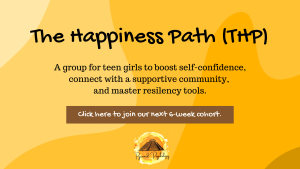
 From Self-Doubt to Self-Discovery: The Happiness Path (THP) Transformation for Teenage Girls
From Self-Doubt to Self-Discovery: The Happiness Path (THP) Transformation for Teenage Girls
 From Self-Criticism to Confidence: Helping Your Teen Daughter See Her Greatness
From Self-Criticism to Confidence: Helping Your Teen Daughter See Her Greatness How Teens Can Eliminate Negative Self Talk
How Teens Can Eliminate Negative Self Talk
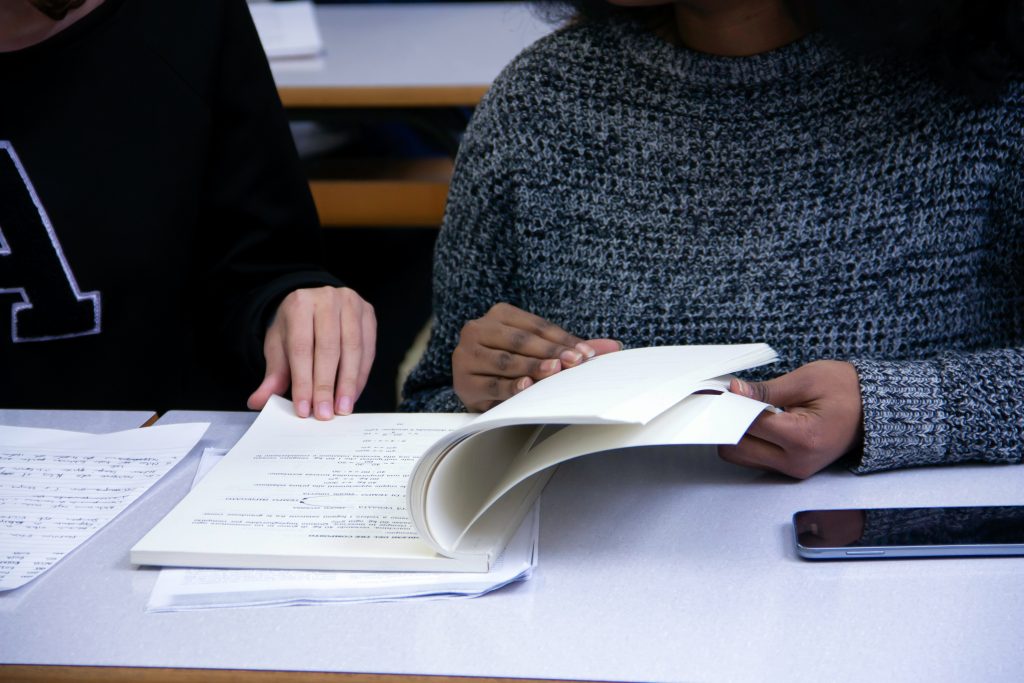
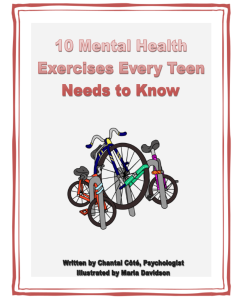








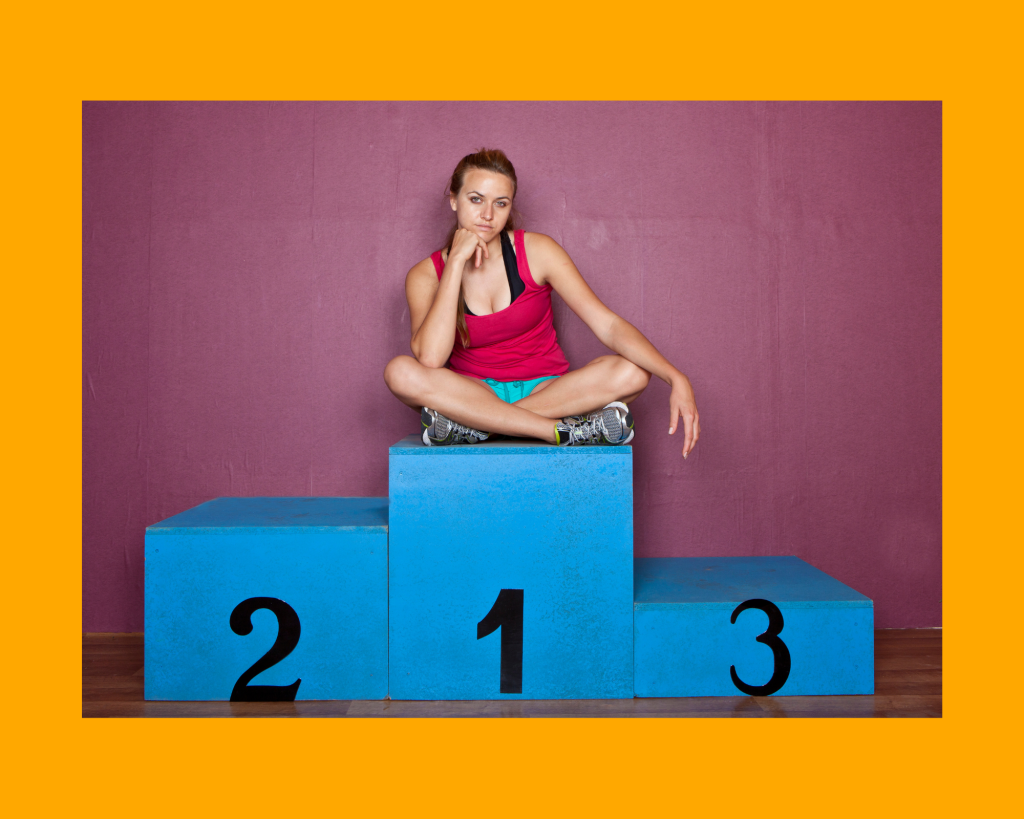
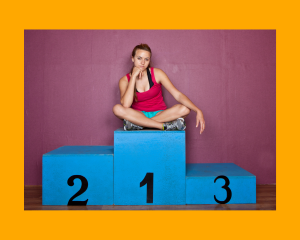


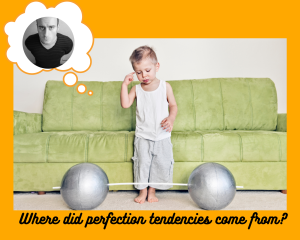
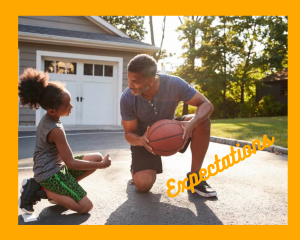
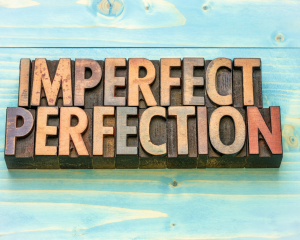
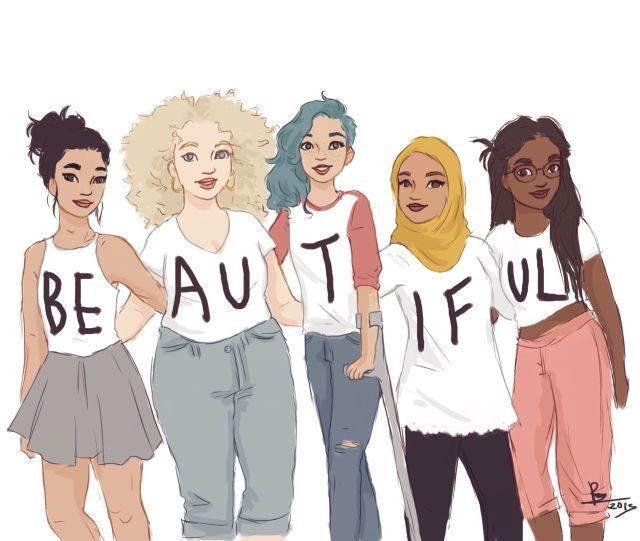
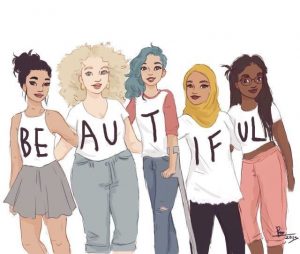
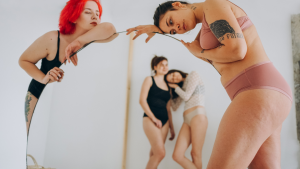




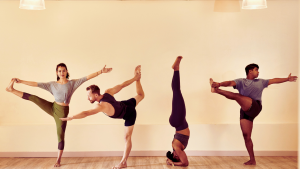
 Chantal Côté (she/her) is a psychologist and teen life coach living in Calgary, Alberta. After over a decade in non-profit and community mental health, Chantal started
Chantal Côté (she/her) is a psychologist and teen life coach living in Calgary, Alberta. After over a decade in non-profit and community mental health, Chantal started 















